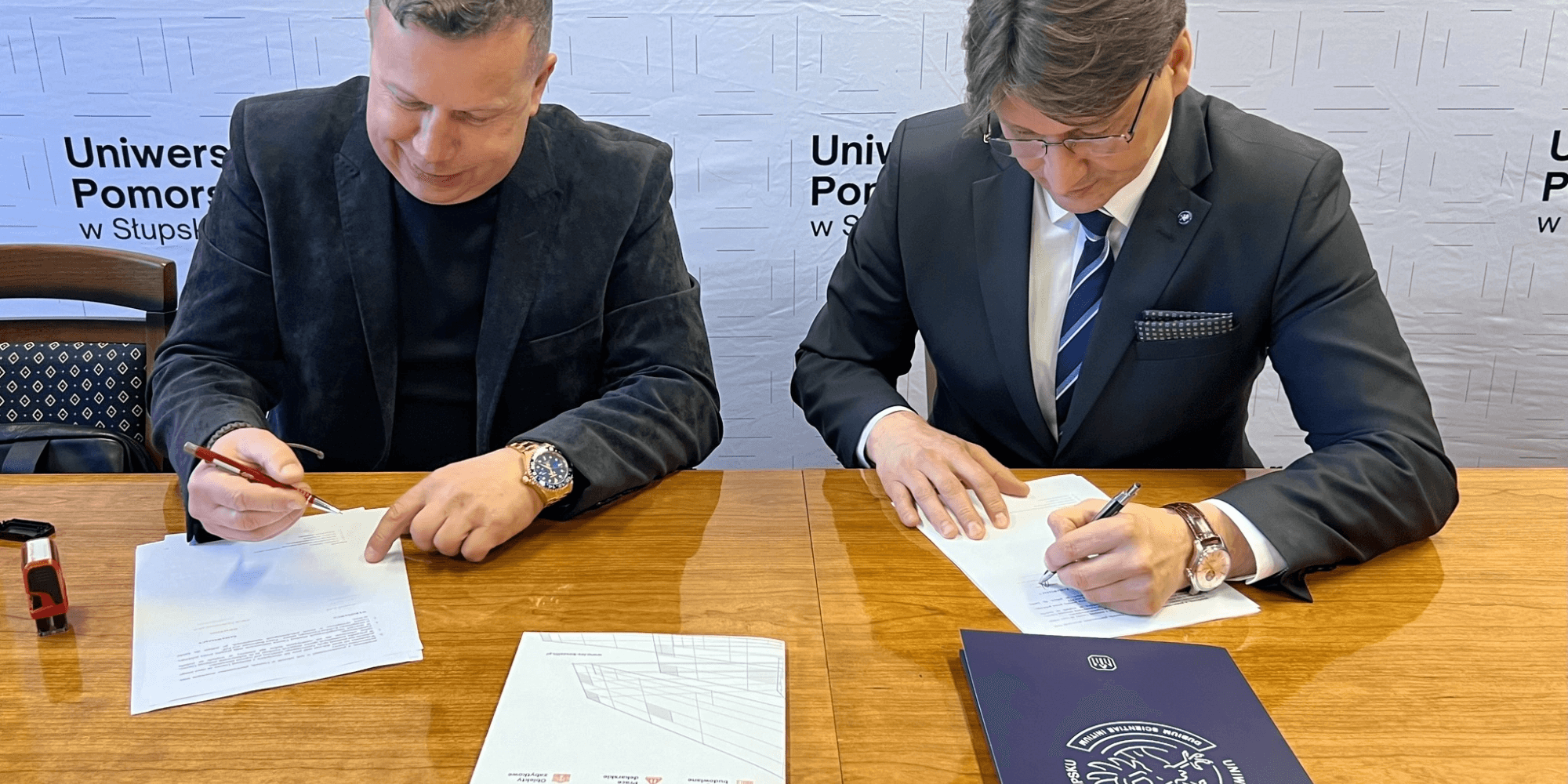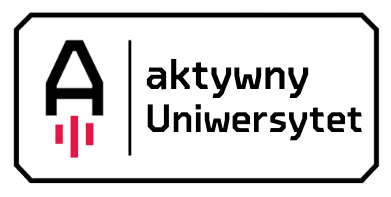
Construction of a modern Research and Teaching Station in Grzmiąca begins
On 10 January, the Rector, professor Zbigniew Osadowski, signed a contract for the construction of our research station in Grzmiąca. The contractor entrusted with this significant project is a construction company 'Leś', represented by its owner, Paweł Leś.
The investment will ensure the full functionality of the Research and Teaching Station for the needs of our staff, students and doctoral students as well as the local community.
As part of the signed agreement, an array of educational and accommodation facilities will be built. It will feature lecture theatres, a training room, a laboratory, as well as utility and administrative spaces. Additionally, provisions will be made for rooms equipped with bathrooms and common social facilities including a kitchen and a dining room.
Furthermore, the surrounding area will be landscaped with new car parks, pavements, access roads and green areas. The existing buildings will also undergo modernisation. This includes the replacement of the roof and façade coverings on the existing halls and the social building.
Furthermore, research and development projects are already underway at the Station. Notably, the project 'Development of Control Methods for Invasive Alien Species with Pilot Field Activities', conducted in a consortium, had a total value of nearly 7 million PLN. A test site for this project is situated within our premises. There is also an ongoing project titled 'Innovations in Polish Seed Production', with a grant value exceeding 3.3 million PLN. Our research efforts in Grzmiąca are directed towards reducing the reliance on pesticides in agricultural practices.
The scope of utilization for the station is extensive, spanning across a variety of fields including education, promotion, networking and the development and implementation of innovative solutions (smart specialisations) in the areas of sustainable development. Those include energy, agriculture, management and environmental protection. The collaborative approach aims to facilitate the growth and development of local businesses while leveraging the station's resources to drive economic and environmental progress in the region.





